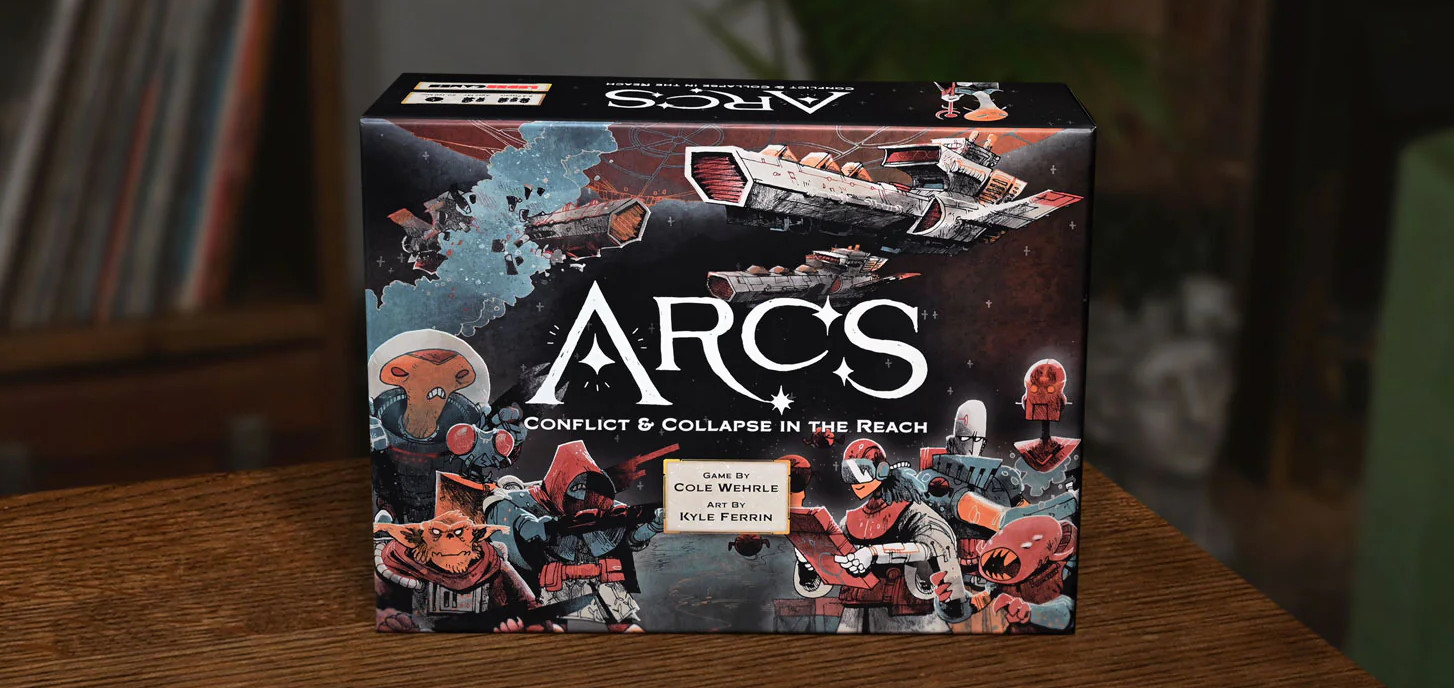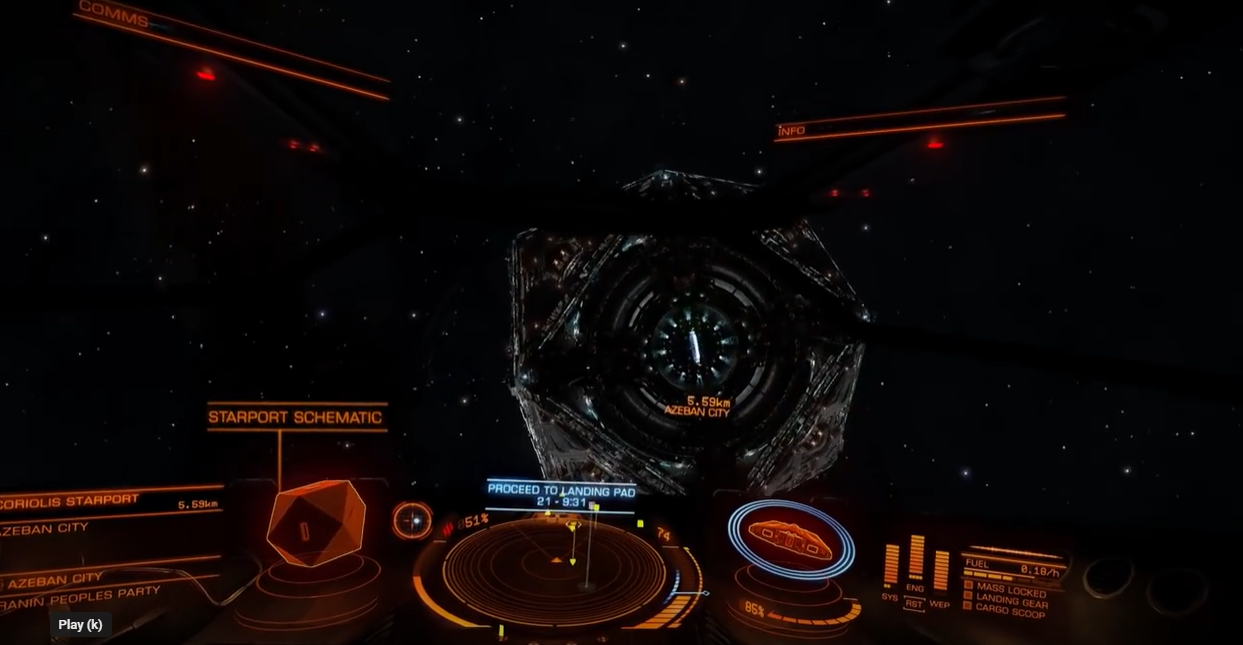Our semi-regular pub quiz ends with the jackpot round - one team competes in a luck-driven “higher/lower” card game to win a jackpot (currently c.£500), and if they lose, some more money is added to the jackpot for the following week. I’d never seen anyone win the jackpot - so was curious to work out what the chances actually are and what the optimal strategy (to the extent that there is strategy beyond the obvious) is.
The cards are dealt without replacing them in the deck, so the probabilities vary during the game, making it trickier to explicitly calculate the probability of winning. But it is relatively simple to estimate using Monte Carlo simulation - running multiple simulated games, counting the wins, and using that to estimate the win probabilities when applying various strategies.
...

